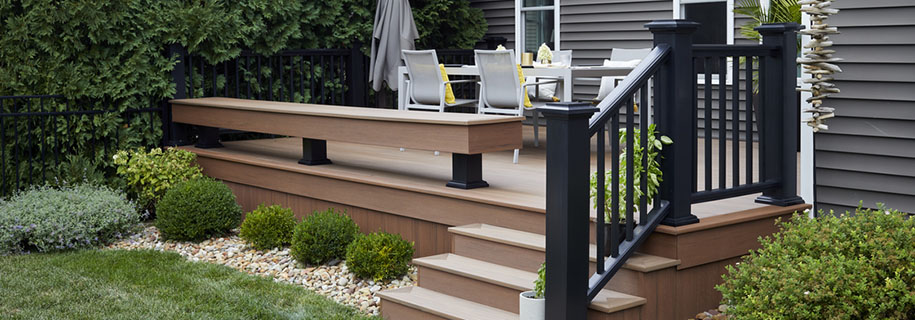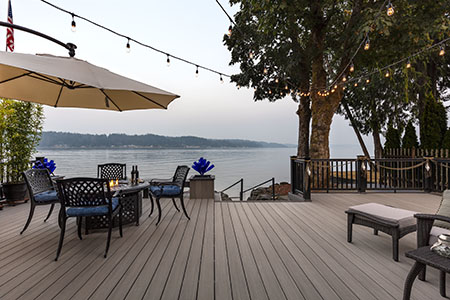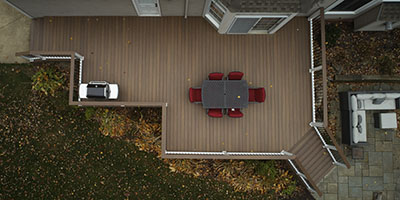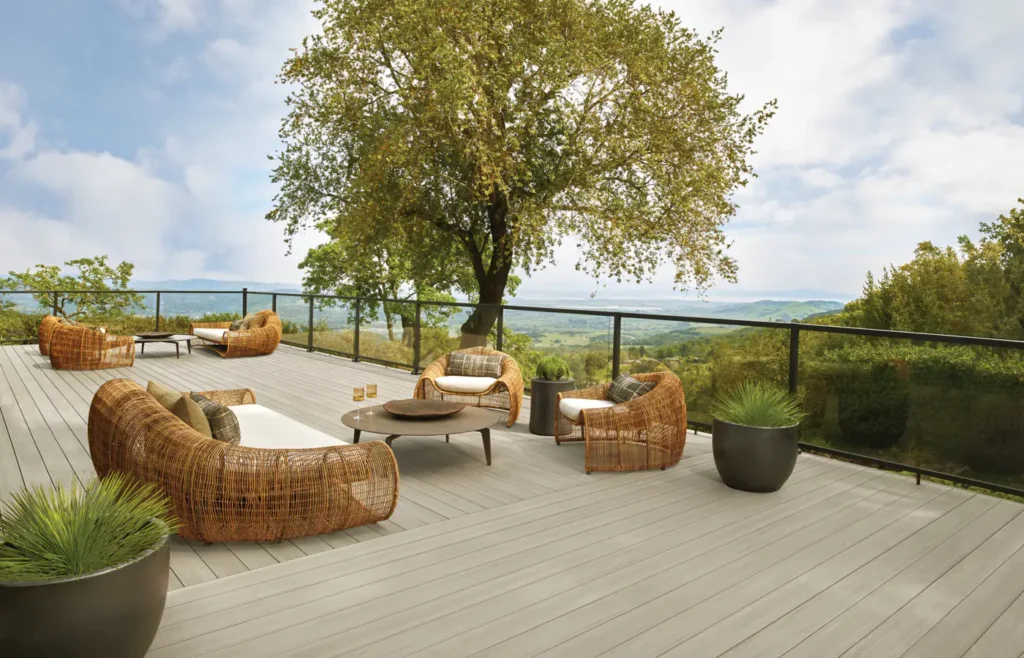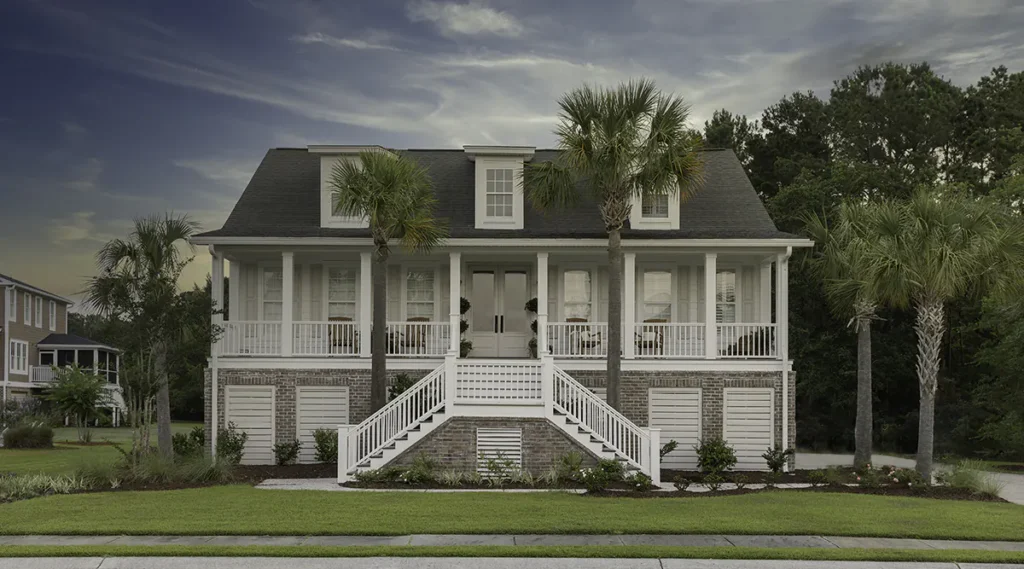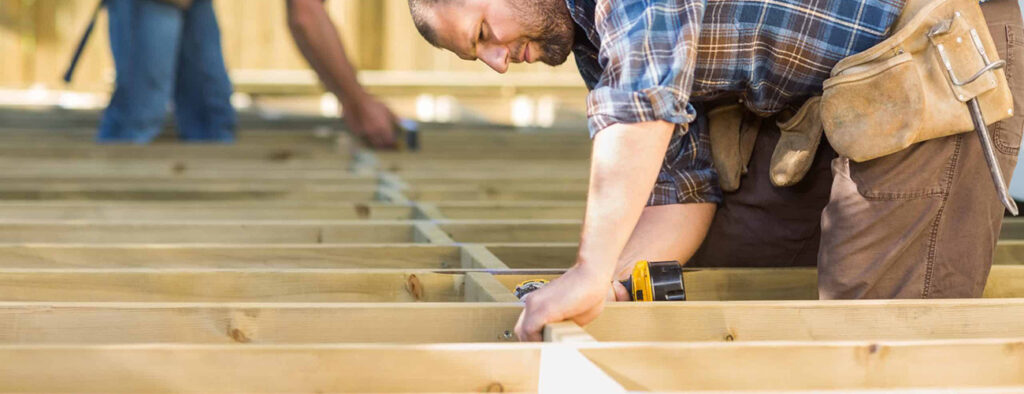If you’re considering adding a deck to your home, you’ve likely got a lot of questions: Will my deck require a permit? Should I build it myself? What is the best material for decking?
These questions can also leave you thinking: Is it worth it?
Residential decks do require certain preparations to ensure they’re built correctly and up to code, but the benefits of a completed deck far outweigh the time and cost of prepping and building.
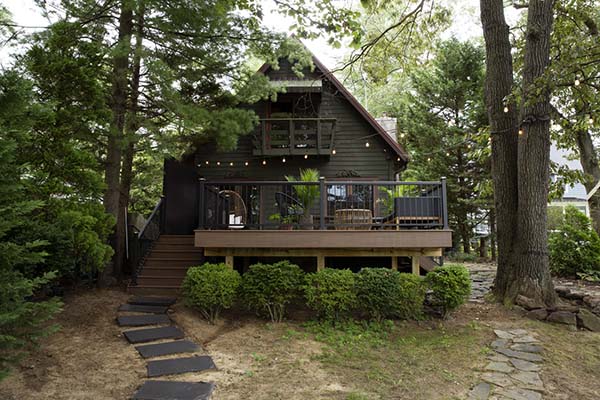
Benefits of Adding a Deck to Your Home
✓ Gives you a beautiful, inviting outdoor living space to spend time on with family and friends.
✓ Can improve your home’s resale value.
✓ Adds greater functionality to your backyard.
Residential Decks: Planning 101
Ready to learn about residential decks? We’ve got the guidance you need to plan and execute your deck project.
Code Compliance
Residential decks have specific code requirements that you’ll need to research before you confirm your deck design and start building. Some of these requirements are locally enforced, so check with your local building code department to ensure your deck — and potentially, railing — is designed within the proper parameters.
Will My Deck Need a Railing?
Decks that are built higher than 30 inches off the ground will require a railing. Otherwise, a railing is optional. However, there are other reasons you may want to include a railing in your build, such as:
- Aesthetic reasons: Adds another layer of dimension and style to your deck
- Functional reasons: Keeps people from stepping off the edge of your deck into landscaping.
- Practical reasons: Helps guests feel more comfortable closer to the edge of the deck and keeps young children from falling off.

Building Permits
Once you confirm your deck design, you’ll likely need a building permit from your local town or city hall to start your build.
Be sure to bring a diagram of your proposed deck design with dimensions of its size and height to claim the proper permit.
If you choose to work with a contractor, they will often guide you through this process.
Budgeting 101: Considering Cost Factors
One of the most important considerations for residential decks planning is budget. There are several cost factors you’ll need to take into account, including upfront and long-term costs.
Upfront Costs to Consider for Your Build
- Labor – Often the costliest part of the build, which can be avoided if you decide to DIY.
- Design – The more complex your deck design, the higher the costs.
- Substructure – A complex design will require a more intricate substructure than a simple deck design.
- Deck materials – Upfront costs for deck materials are only part of the story — some deck and railing materials may end up costing you more in the long-run.
- Fasteners – Different fastener types have a higher price point than others.
Long-Term Costs: Material Maintenance, Repairs & Replacement
A major factor that affects long-term costs for residential decks is material. Why? Because your chosen deck material dictates:
- How much maintenance you’ll be required to do.
- How prone your deck or railing will be to repairs and/or replacements.
While traditional pressure-treated wood may spring to mind as a popular and cost-effective option for residential decks, the reality is far from ideal.
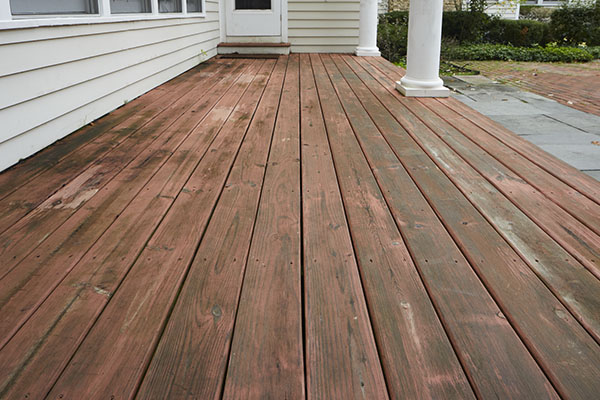
What’s No Good About Wood
As an organic material, traditional wood — from pressure-treated lumber to exotic hardwoods like Ipe — is prone to deterioration from moisture, UV rays, and wear and tear.
Not only does it require extensive maintenance to keep these issues at bay, but despite your best efforts, a traditional wood deck will inevitably require repairs and eventually, replacement.
To DIY or Not To DIY
While DIY-ing your deck can save you on expensive labor costs, there are a few other factors you’ll need to weigh before making your decision:
KNOW YOU WANT A PROFESSIONAL?
Discover TimberTech-registered contractors in your area who can lend you the product and industry expertise you need for your project.
FIND A CONTRACTOR
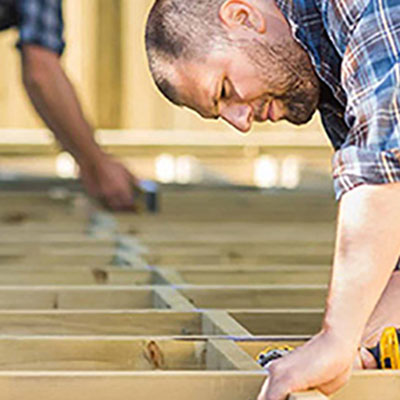
Your Experience
Ask yourself:
- Do you feel confident in completing the build on your own?
- Have you completed similar projects in the past?
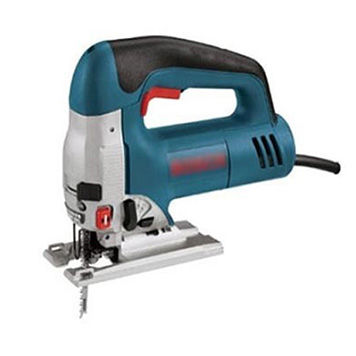
Tools Available to You
Ask yourself:
- What tools do you own vs which will you need to rent?
- Do you feel confident using the tools the project requires?
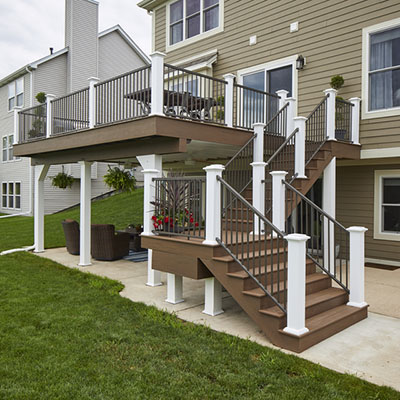
Deck Design Complexity
Ask yourself:
- Are you comfortable building your deck’s height and shape?
- Are you clear on what is needed at the substructure level?
Another factor you’ll need to consider is your project timeline. If you have a hard deadline to hit for your build’s completion, you’ll need to ensure you have time to work on the deck, as well as some flexibility to account for weather delays.
Get the Guidance You Need
Ready to take on your project solo? Discover deck building resources to guide you from project planning all the way to fastening the final boards.
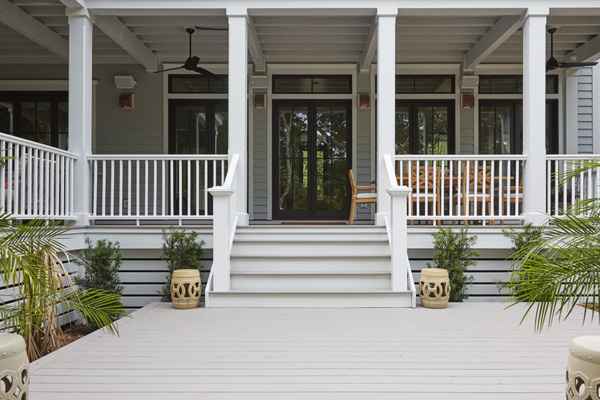
Design 101: Ideas to Inspire Your Project
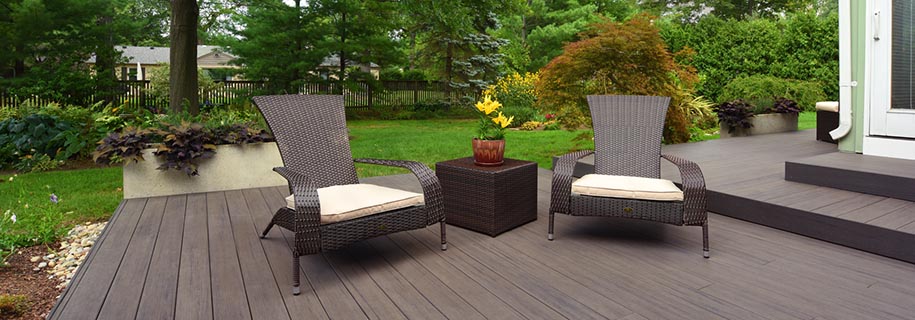
Now that you know what planning steps to take for your deck project, it’s time for the fun part: inspiration for residential decks. Discover the different directions your build can go with the following ideas.
But keep in mind that the more complex a build, the greater the overall costs — and time — for your project.
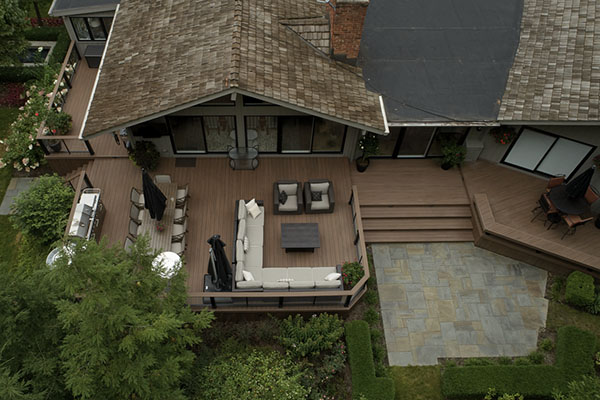
Custom Deck Design Ideas
A custom deck is one that has been designed and built specially for you by a contractor, architect, or other professional. Going custom gives you a curated space that is perfectly suited to accommodate your specific needs and fit into the area available.
Modern Deck Design Ideas
Do you live by the creed “form follows function”?
Then these modern deck ideas are for you.
Discover modern decks that emphasize functionality and a sleek, clean aesthetic.
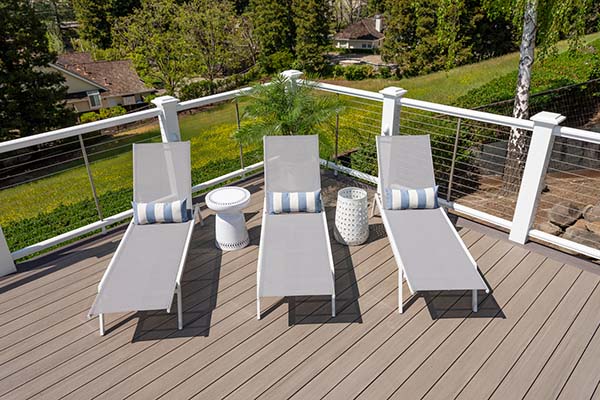
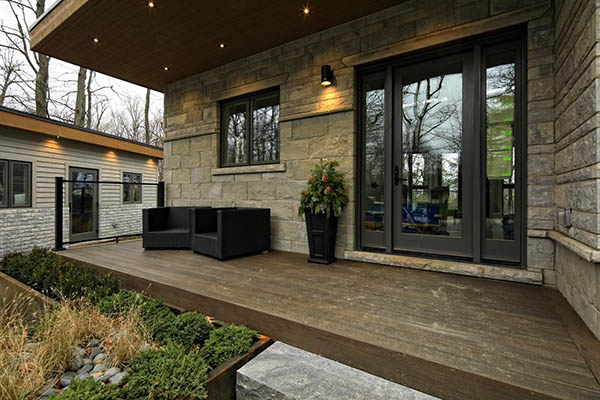
Simple & Chic DIY Deck Ideas
Confident in DIY-ing your build?
Find inspirational — and attainable — deck design ideas suited for various levels of expertise.
Unique Deck Ideas
Looking for a truly distinctive outdoor living experience for your backyard?
Check out these distinctive deck ideas to create a design that is uniquely you.
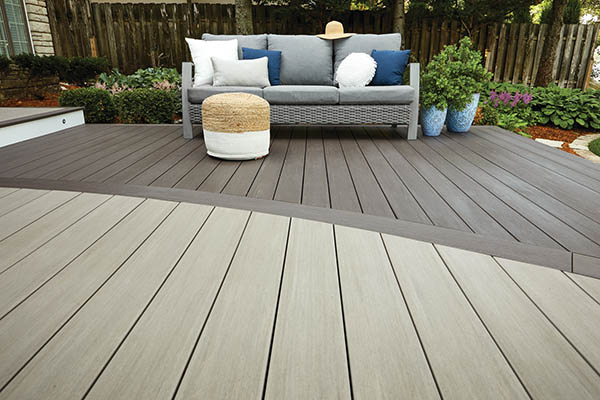
Residential Decks: From Planning to Execution
Now that you understand the kind of planning residential decks require, you’re ready for the next step in your deck building project. And whether you decide to DIY it all the way, or partner with a contractor, we’ve got you covered.
Get started by reaching out to a TimberTech-registered contractor for a quote on your project to help you decide whether or not to go it alone or partner up.

